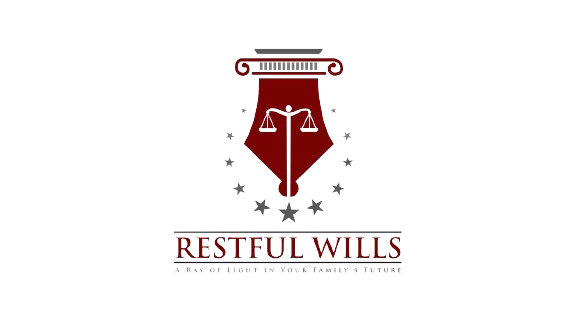Lasting Powers of Attorney (LPA) are governed by the Mental Capacity Act 2005 which came into force on 1 October 2007.
These are important to have in place for everybody and not just older people who have retired or those with ill health.
Due to the unpredictable nature of what happens in life in reality applies to all adults.
A Lasting Power of Attorney (LPA) is a document that a person (the donor) signs whilst they have mental capacity to make their own decisions. In this document they appoint Attorneys (the person they want to make decisions on their behalf) to make decisions for them when they cannot.
Separate applications to the government are required for the following types of Lasting Powers of Attorney:
- Financial and property affairs
- Health & Welfare
The LPA can either be registered strait away or come into effect once a person lacks mental capacity and the test for mental capacity that is:
- There is an impairment or disturbance in the functioning of the brain and
- The impairment or disturbance is such that the person lacks the capacity to make that particular decision.
Impairments can include Mental illness, learning disability. Dementia, brain damage and intoxication (medication/permanent)
A person can be regarded as lacking capacity if at the time of the decision they cannot:
- Understand the information relevant to the decision
- Retain the information relevant to the decision
- Use or weigh the information they have
- Communicate a decision by any means
An LPA reduces the need of relatives and loved ones from going through the hardship of going to court to carry out the simplest of tasks for their loved ones such as paying the bills, going to the bank and buying necessities for the person who no longer has mental capacity.
This document allows for dispensing with the need to go to Court of Protection to rule on whether decisions can be made by another family member or organisation. The Court in this circumstance is being asked to appoint a person to make decisions on that persons behalf.
Attorneys have to comply with a code of Practice which is a manual of guidance issues on 23/4/07 and concerns all those persons working with and caring for people who lack mental capacity.
The application is made to the Office of the Public Guardian and notice of this application may be sent to relevant people.
The fee for the full service of making the application is £250. This does not include the application fee which is separate (At present the fee is £82 and for those on benefits there may be a remission of the fee in part or in whole).


